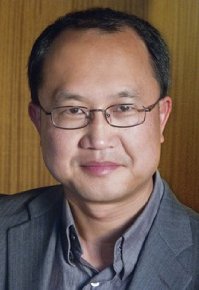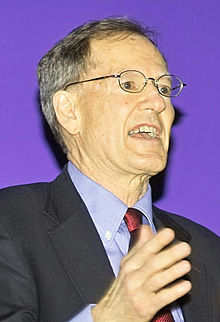Yunte Huang Demystifies The Inscrutable Charlie Chan

Yunte Huang, author of Charlie Chan: The Untold Story of the Honorable Detective and his Rendezvous with American History
Author, Yunte Huang, explains that Charlie Chan is something more than a stereotype created in an era of all-White American values. There is a richness of Sino-American culture in Charlie Chan’s character. His book on the subject is titled, Charlie Chan:The Untold Story of the Honorable Detective and his Rendezvous with American History.
Born in China, Yunte arrived in Alabama in 1991 and received his Ph.D. from SUNY Buffalo. Huang is now an American citizen and has taught at Harvard University and is currently a professor of English at University of California, Santa Barbara.
Among the first questions I asked Yunte was how he chose Alabama as the state to which he immigrated. His answer was deceptiviely simple and amusing. Alabama was the first state listed alphabetically when he was doing research on which schools to attend. He also said that the University of Alabama offered attractive financial aid.
Charlie Chan is a character created by author Earl Derr Biggers—a Harvard graduate born in Canton, Ohio not Canton, China. He learned of the demunitive Chang Apana while visiting Hawaii for his health. Apana was the first Chinese detective on the Honolulu Police Force. He stood 5 feet tall and carried a bull whip as his only protection. Biggers wrote a series of books that spawned 47 Charlie Chan films between 1926-1947. Only Cold War hysteria towards the Chinese stopped the film franchise.
Ironically, the role of Charlie Chan was played by a Sweedish actor, Warner Oland, in many of the films.
Yunte credits Charlie Chan for bridging many of the anti-Chinese feelings in the United States. The period between 1880 and 1925 were particuarly difficult for the Chinese in America—beginning with the Chinese Exlusion Act of 1882 and ending with the 1924 Johnson-Reed Act.
Listen to this erudite discussion below:







